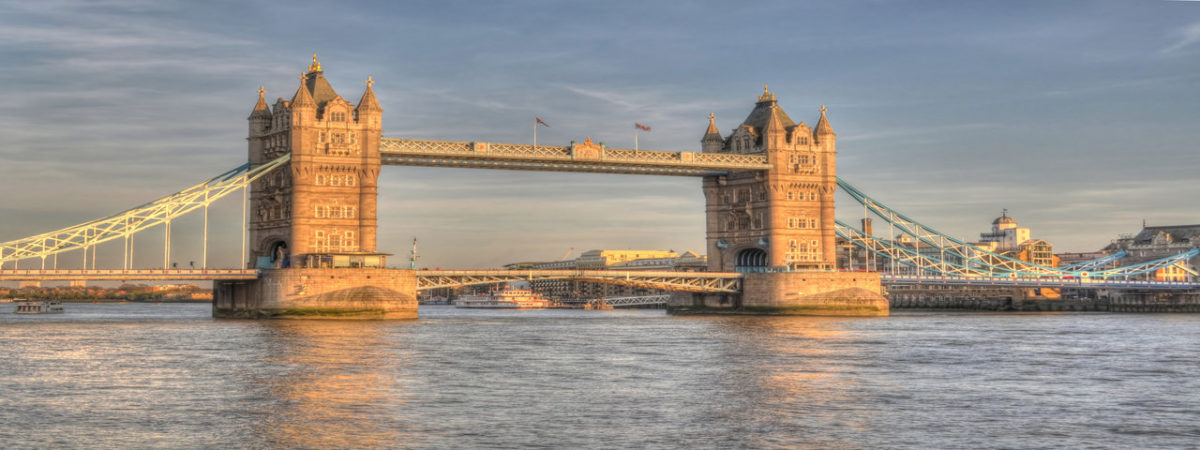Government welfare policies promote poverty and inequality
SUGGESTED

2012 Olympics and Crossrail risk repeating the mistakes of Concorde, Nuclear Power and the Millennium Dome

IEA releases groundbreaking new book on economic liberalisation by Johnny Munkhammar

Extra support for lone parents encourages self-defeating behaviour
The research, based on data from both the US and the UK, demonstrates that measures to help lone parents disadvantage children in couple families. For example, in the UK, it has been calculated that, as a result of the Brown/Blair government’s tax and benefit reforms, by 2005 a two-child couple needed to work 74 hours a week at the minimum wage to clear the government’s poverty threshold, whereas a lone parent with one child working only 16 hours was already above the threshold.
Dr John Meadowcroft**, editor of the symposium produced from the research, said: “if it is the case that lone parenting is more likely to lead to long-term poverty for both child and parent it would seem to be inconsistent to pursue policies that may encourage the formation of lone-parent families if we wish to reduce poverty.”
The authors also criticise governments’ reliance on measures of relative poverty rather than absolute poverty. Relative poverty is only likely to be eliminated through the introduction of a socialist-style system with draconian economic controls. Yet such a society is likely to have higher levels of genuine poverty than wealthier yet more unequal societies that facilitate entrepreneurship and the creation of prosperity.
The research also finds that government measures of poverty are an unreliable basis for policy decisions. For example, in the USA, the official poverty rate has increased slightly since 1973 while household expenditure levels among the poorest fifth of the population have risen substantially in real terms over the same period.
Dr Meadowcroft said: “This study shows that received attitudes towards poverty are wide of the mark. After sixty years of the modern welfare state in which tens of billions of pounds have been spent annually on anti-poverty measures, substantial numbers of people remain dependent on state benefits as their only means of support. It is time to rethink the intuitively appealing but nevertheless questionable assumption that spending money to alleviate poverty brings about a straightforward reduction in the number of poor people.”
*Poverty Amidst Affluence?, edited by John Meadowcroft, Economic Affairs, Vol 27, No. 3, Institute of Economic Affairs, £7.50.
**Dr John Meadowcroft, Lecturer in Public Policy, King’s College London.
See also: The War Between the State and the Family: How Government Divides and Impoverishes by Patricia Morgan.



